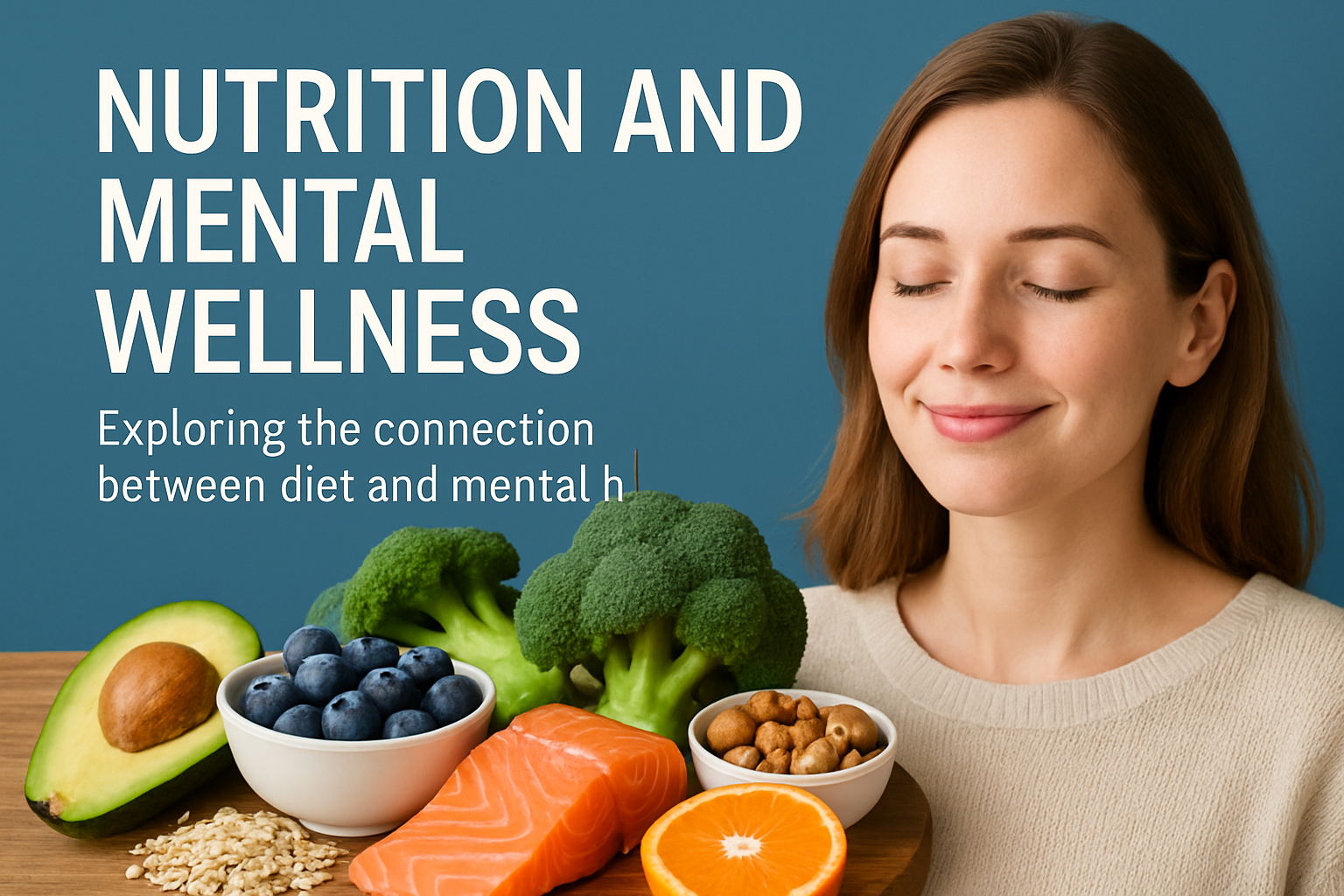Location
Mount Vernon, WA 98274
Location
Mount Vernon, WA 98274

As the understanding of mental health continues to evolve, the connection between nutrition and mental wellness is gaining attention. This article explores how specific dietary choices can enhance mood and cognitive function, fostering a more holistic approach to health.
In recent years, the spotlight has shifted towards the intricate relationship between nutrition and mental health. Emerging research indicates that what we eat can significantly influence our mood, cognitive abilities, and overall mental well-being. This understanding paves the way for an integrated approach to health that emphasizes not only physical but also mental wellness through dietary choices.
Studies have shown that diets rich in whole foods, including fruits, vegetables, whole grains, and lean proteins, are associated with lower rates of depression and anxiety. For instance, a Mediterranean-style diet, which is abundant in omega-3 fatty acids, antioxidants, and fiber, has been linked to improved mental health outcomes. Nutrients such as folate, vitamins B6 and B12, and magnesium play crucial roles in the synthesis of neurotransmitters, which regulate mood and cognitive function.
Moreover, the gut-brain axis has emerged as a fascinating area of study within this field. The gut microbiome, which consists of trillions of microorganisms, has a direct impact on mental health. Fermented foods that promote gut health, such as yogurt, kimchi, and sauerkraut, can enhance the production of neurotransmitters like serotonin, often referred to as the ‘feel-good’ chemical. A balanced gut microbiome is believed to contribute to emotional stability and resilience.
Incorporating a variety of colorful fruits and vegetables into our diets not only provides essential vitamins and minerals but also supports mental clarity and emotional balance. Antioxidants found in berries and leafy greens combat oxidative stress, which has been linked to cognitive decline. Furthermore, regular consumption of nuts and seeds, rich in healthy fats and minerals, can bolster brain health and improve mood.
While the link between food and mental health is becoming more recognized, it is essential to approach this information with a balanced mindset. Nutrition is just one component of a holistic health strategy. Engaging in physical activity, practicing mindfulness, and fostering strong social connections are also vital for overall well-being. However, by prioritizing a nutrient-dense diet, individuals can take proactive steps towards enhancing their mental health and resilience.
As our understanding of health continues to evolve, integrating nutrition into mental health care could transform how we approach wellness. By fostering awareness of the food choices we make and their impact on our mental state, we can empower ourselves and others to cultivate a healthier, more balanced life.